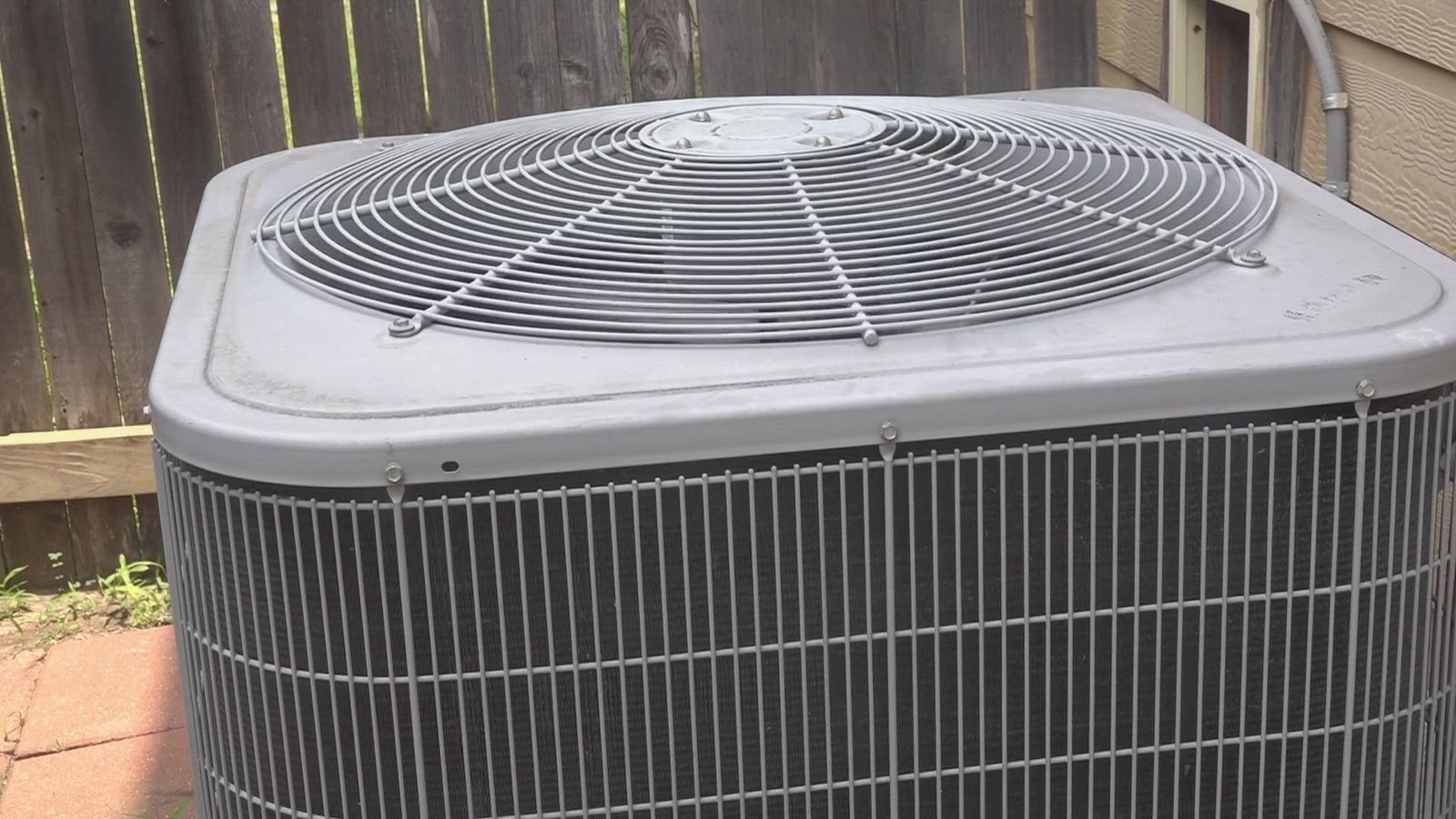Broken AC in North Carolina? Here’s What Renters and Workers Should Know
NORTH CAROLINA — With scorching temperatures gripping much of the state, many North Carolinians are facing an all-too-common question: What happens if your air conditioning breaks down — either at home or at work?
For renters and workers alike, the answer isn’t always clear. But according to legal experts and housing advocates, your rights depend largely on the specifics of your lease or workplace environment.
Tenants: Your Rights Depend on Your Lease
If you’re sweating through summer in a rental with a broken AC, the first thing to check is your lease.
Under North Carolina law, landlords are not required by default to provide air conditioning. However, if your lease includes AC as an amenity, the landlord is obligated to repair and maintain it.
That’s the case for Anaiyah Clements, a Triad resident whose apartment AC has been out since May. She described the conditions as “like standing in front of the sun.”
So, what should you do?
- Put your request in writing: Email, text, or handwrite — just make sure there’s a paper trail.
- Allow reasonable time for repair: The law doesn’t specify how long is “reasonable,” but delays in parts or technician availability may play a role.
- Still no fix? Send another written notice and copy your local housing authority to escalate the issue.
- Don’t withhold rent: Even if the AC is broken, not paying rent could legally be seen as breaking your lease.
More info from Greensboro Housing Coalition
Employees: Heat Hazards May Be Illegal in the Workplace
What if the air conditioning goes out on the job?
According to employment rights attorney Nicole Patino, the answer depends on how hot it gets — and where you work.
North Carolina follows OSHA’s General Duty Clause, which requires employers to protect workers from recognized hazards, including extreme heat.
In an office setting at 80°F, discomfort alone may not trigger legal protections. But in higher-risk environments like kitchens, warehouses, or outdoor construction sites, there’s a stronger case.
“If you’re working in a kitchen and it’s 100 degrees back there, then yes, there may be some cause for the employer to step in,” Patino explained.
Your options include:
- Report the heat to your supervisor
- File a complaint with the NC Department of Labor if conditions remain unsafe
- Know your rights under REDA — the state’s Retaliatory Employment Discrimination Act protects workers from retaliation if they speak up
NC OSHA resources here
More from Patino Law
- If you’re a renter: Your landlord only has to fix the AC if the lease says so — but once that’s in writing, they’re legally bound to repair it.
- If you’re a worker: Your employer may be violating OSHA standards if they don’t address dangerous heat conditions in the workplace.
Read more public safety and housing updates at SaludaStandard-Sentinel.com.







